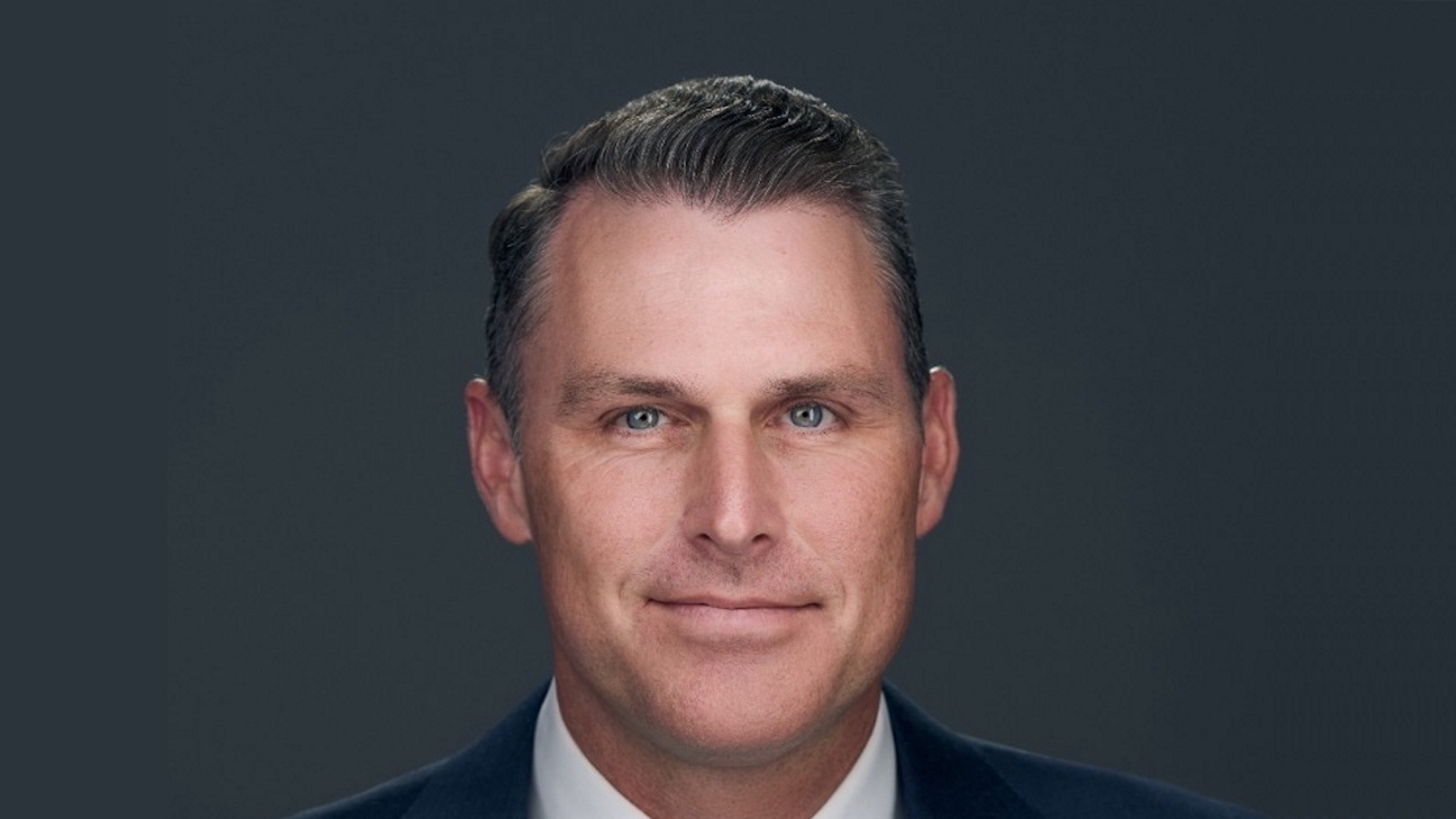Captive health insurance continues to be on the rise, and many businesses both big and small are making the switch from traditional health insurance.
There are many reasons why the captive route is attractive for companies across the board, including lowering health care costs, retaining top talent through benefits and more flexibility in plans. In an effort to break from tradition and emphasize innovation, health care captives like Haughn & Associates, Roundstone and Everlong Captive Consulting Group are making noise in the industry.
Captives like Haughn & Associates (H & A) are making the captive health insurance route possible for companies. Located in Central Ohio, H & A aims to deliver solutions for the growing issue of providing health insurance for employees while managing costs, especially for small businesses.
Community is one of the core values for H & A. "As we continue to expand, we intend to stay dedicated to the values that formed our good standing in the community and also to preserving the individuality that sets us apart," according to their website. H & A can help companies find a plan that better fits their needs.
Roundstone is another health insurance captive aiming to deliver self-funded solutions for small to mid-sized employers. Their group funding enables employers to join together to fund benefits for their employees just as much as larger corporations are able to. Roundstone focuses on their customer relationships and providing full disclosure through data transparency. Roundstone highlights a variety of group health insurance info on their website, including determining if making the switch is right for your company.
According to Roundstone, captive health insurance aims to lower costs by shifting to variable costs rather than fixed costs like traditional health insurance. While larger corporations have had more of a means to choose the captive route in the past, smaller businesses are also taking advantage of the benefits through grouping together with similarly sized companies and spreading the risk of self-funding. This also allows employers to benefit from more cost-savings opportunities, which trickles down to employees as well.
Another benefit of switching to captive health insurance is the ability to choose and alter your health plan to what works best for your business. This gives more control of the plan to the employer and allows for more flexibility, while further supporting lower costs.
According to its website, Everlong Captive Consulting Group is an exclusive, member-owned medical captive that makes it possible for businesses to offer the same level of group health benefits at the lowest cost possible while improving the health of their employees. Emphasizing innovation and transparency, they seek to be a partner to employers, enabling growth at every step through the process.
Everlong says about the captive industry that it has "undergone a bifurcation. On one side, we see commoditized captive structures, and on the other, there’s Everlong's model of continuous innovation and optimization." When employers join in a self-funded captive program with Everlong, they gain increased autonomy, collaborative shared learning and economies of scale.
"I looked through everything and said, 'How do we really get the cost down on every possible thing?'" said Doug Truax, founder and CEO of Everlong Captive Consulting Group. "We do full transparency on every piece of it, let everybody see everything, and like anything in the business world, the cost does come down once everybody can see everything. With our programs, everybody can see everything and know what’s going on, and that is yielding a much better result for the employers, but more importantly, in my mind, for the employees who have to pay for all this. So that’s why we did it, and I just wanted to put that out there as kind of the purpose behind everything."

